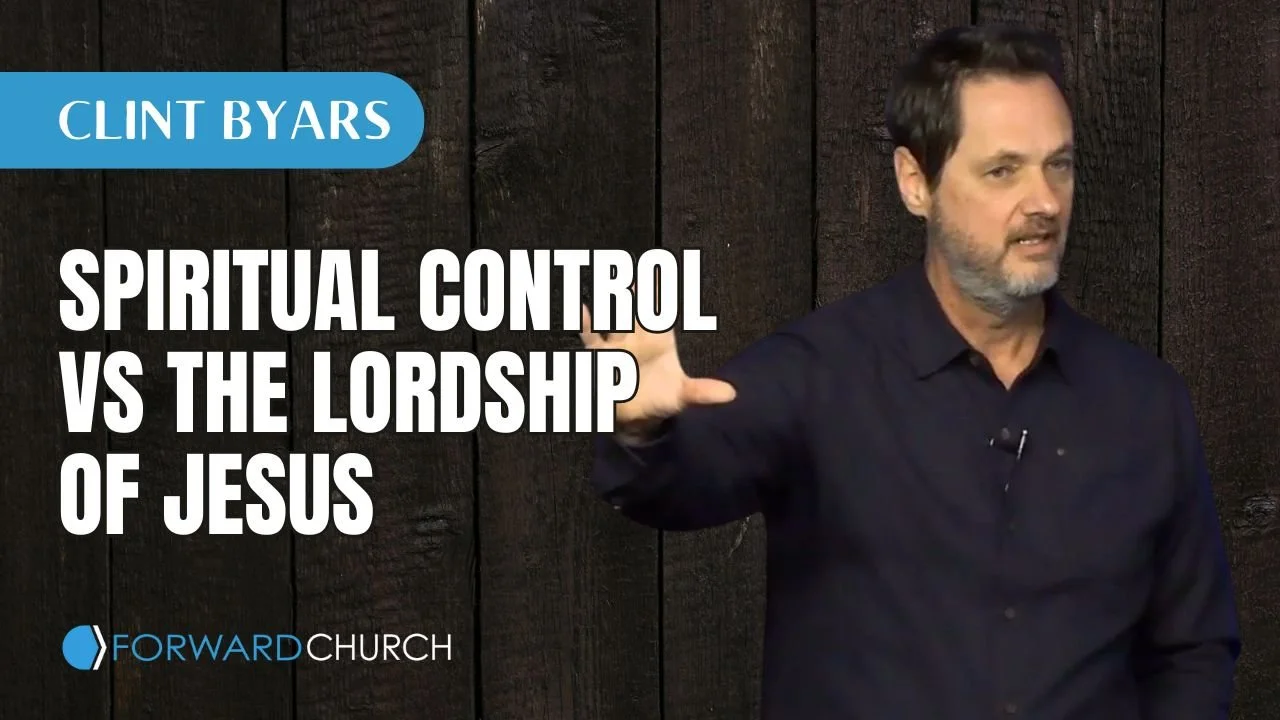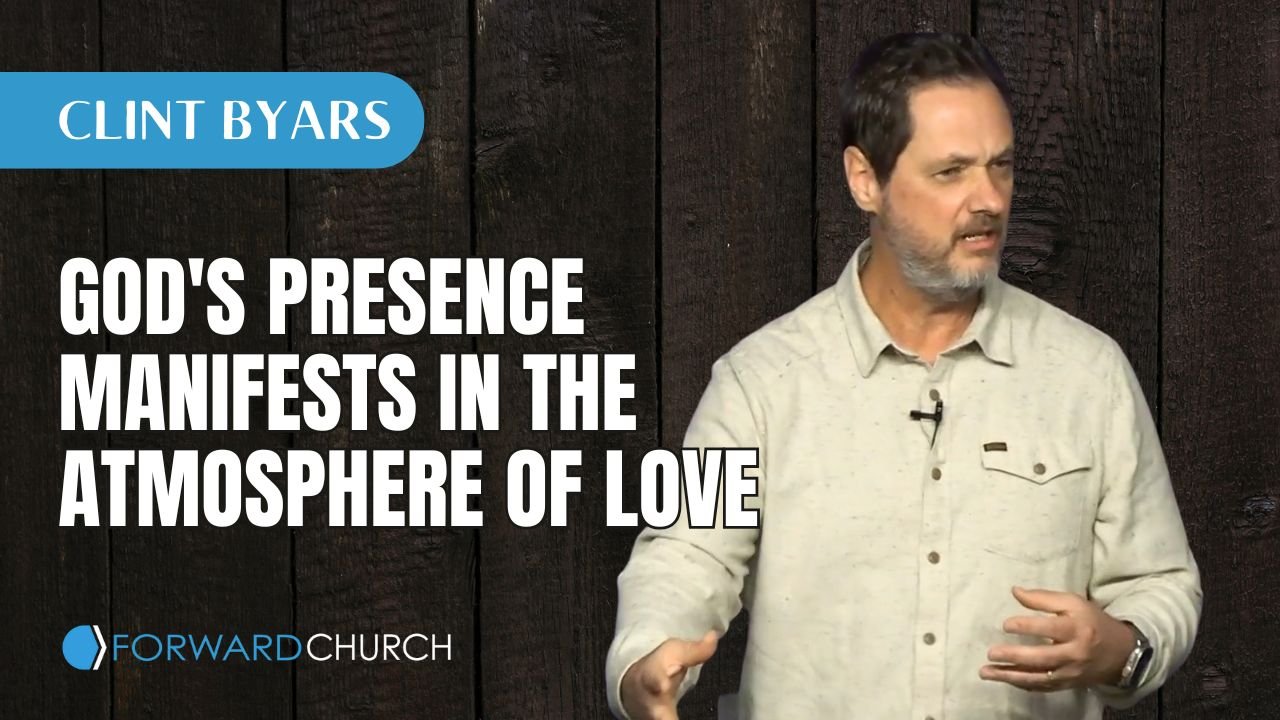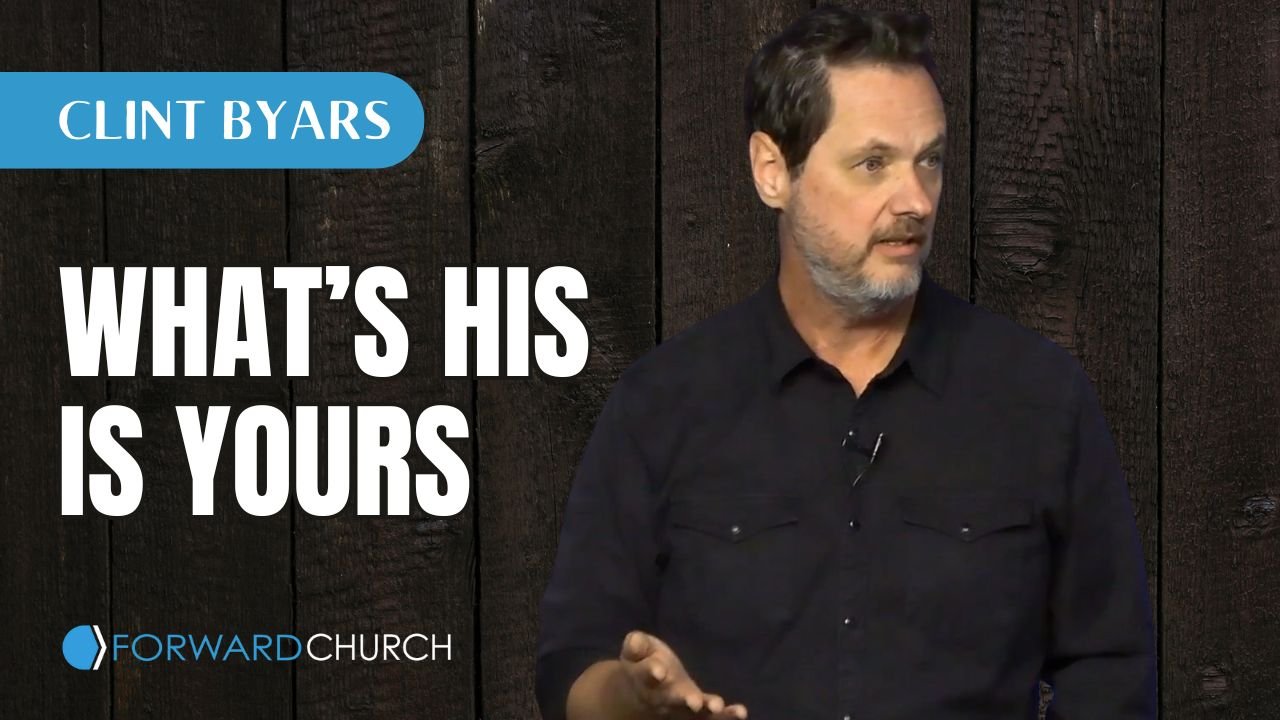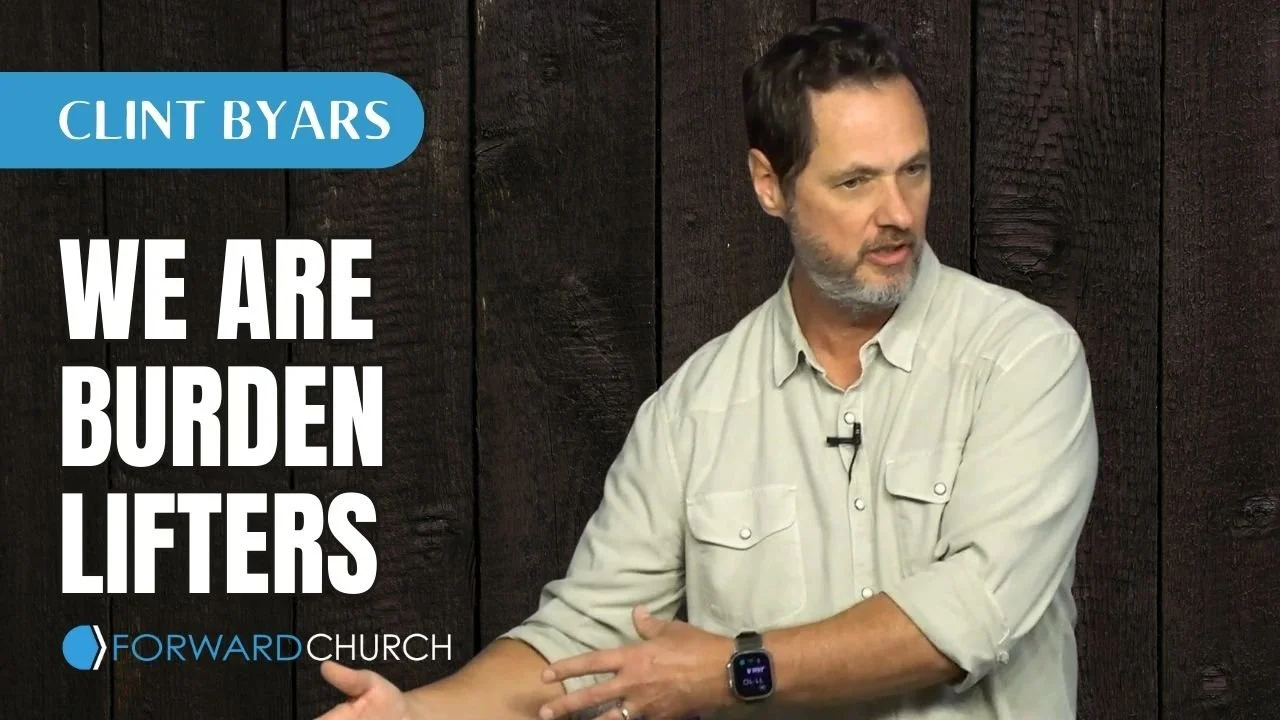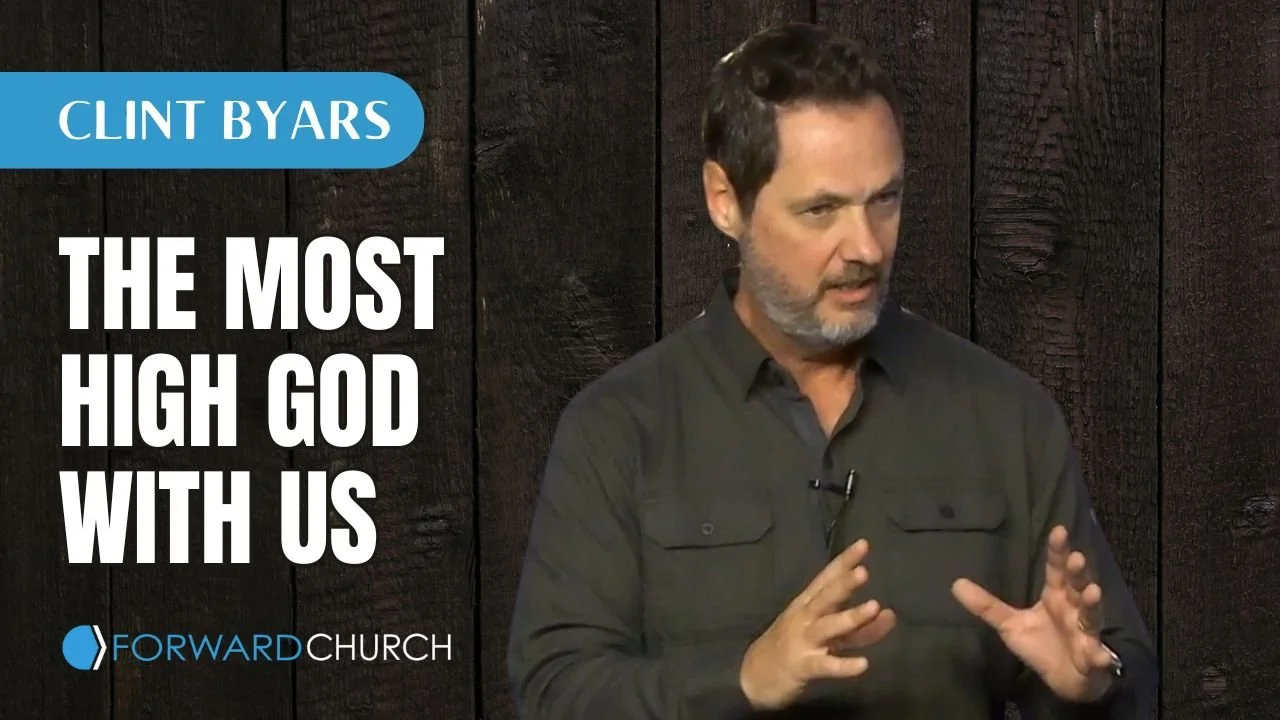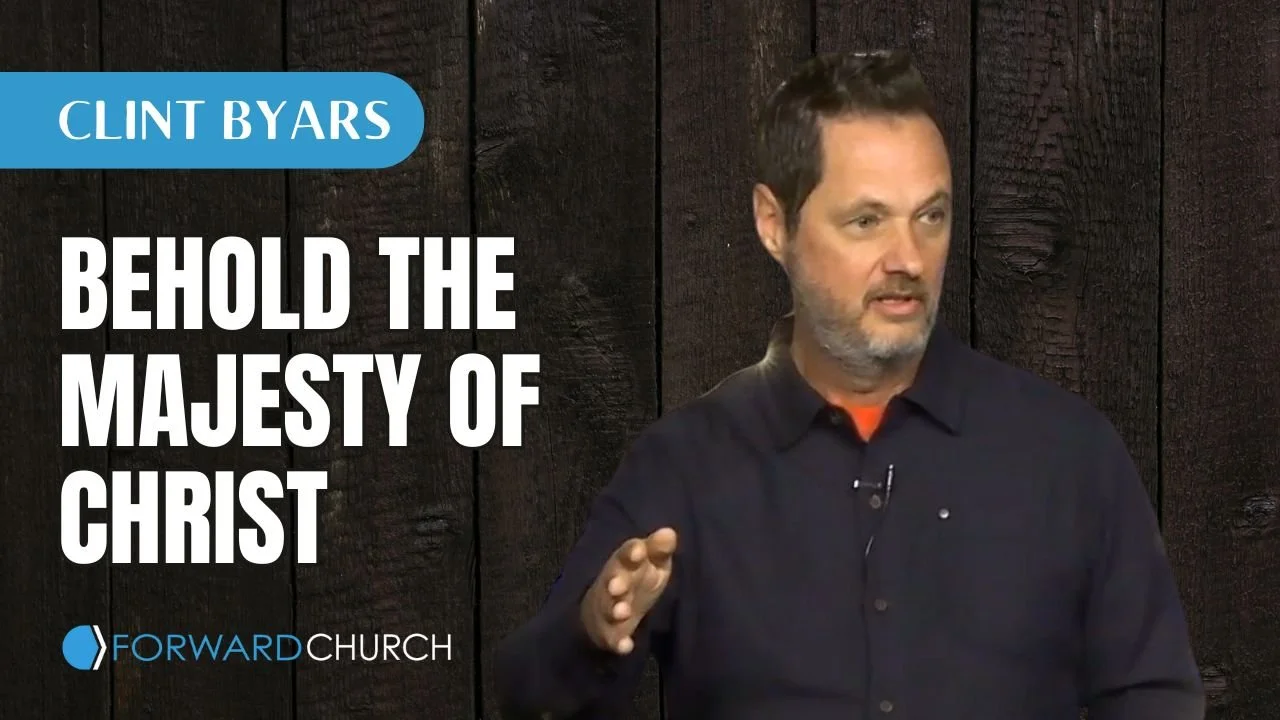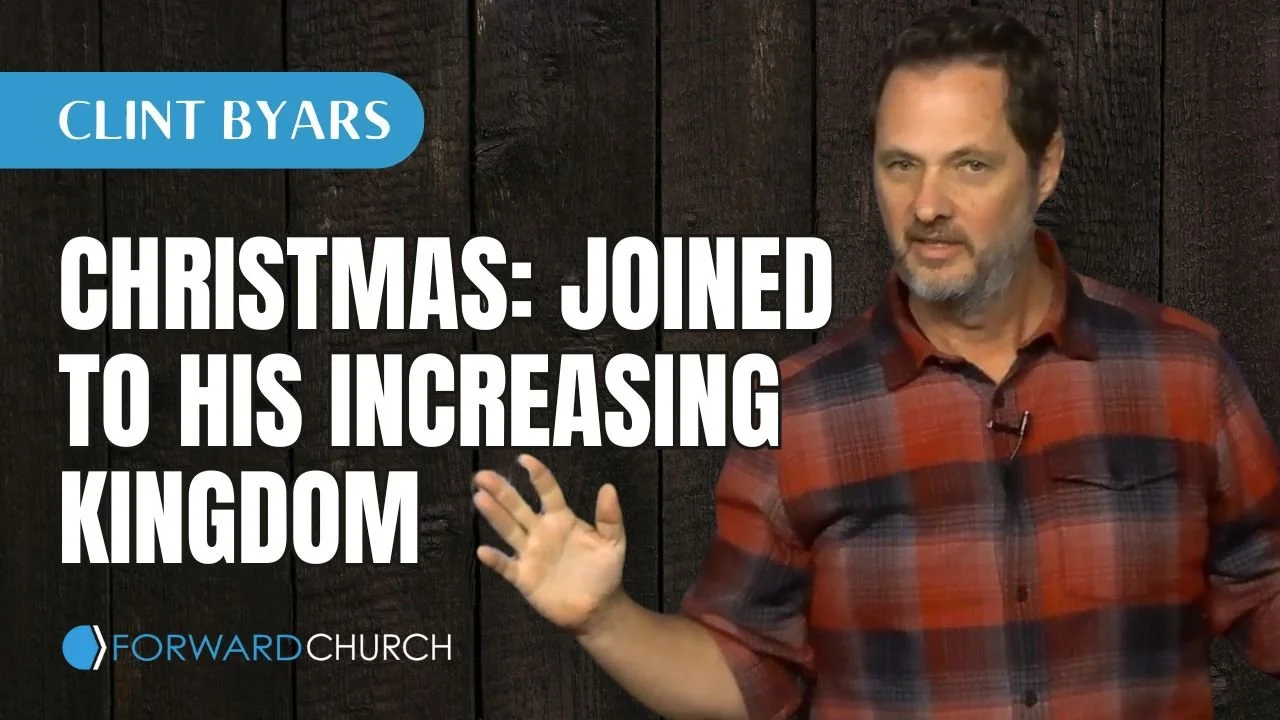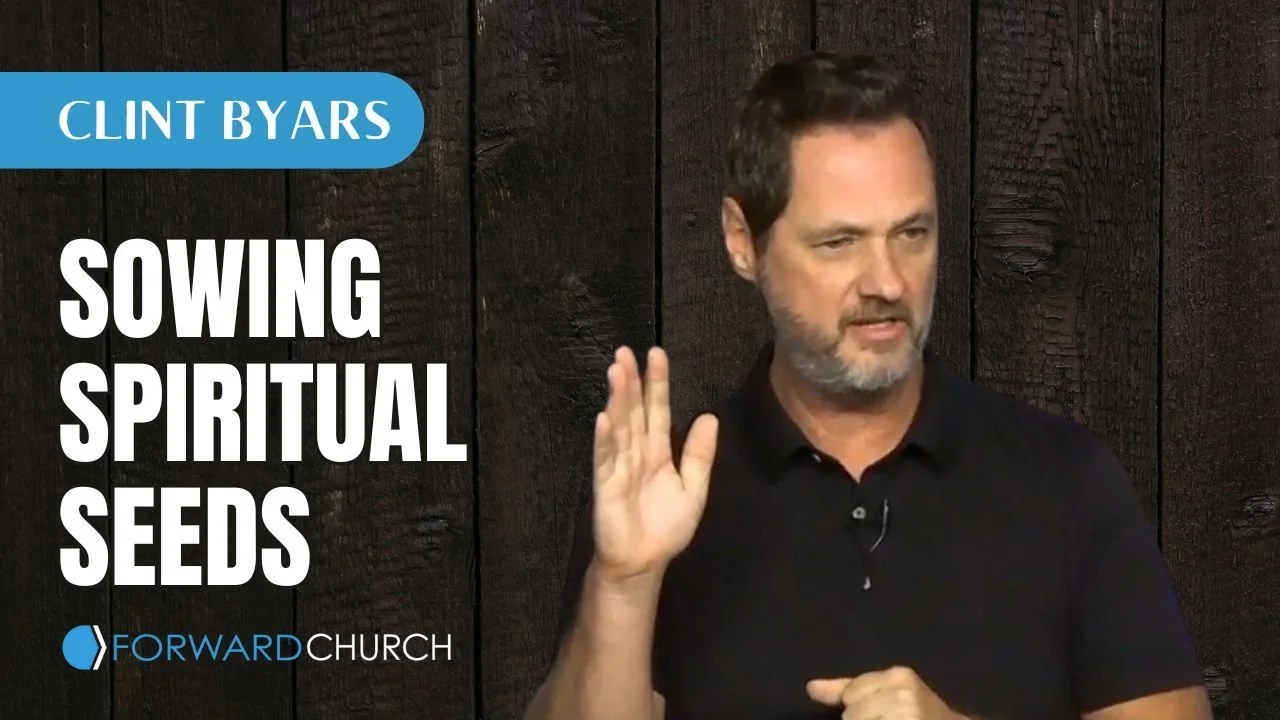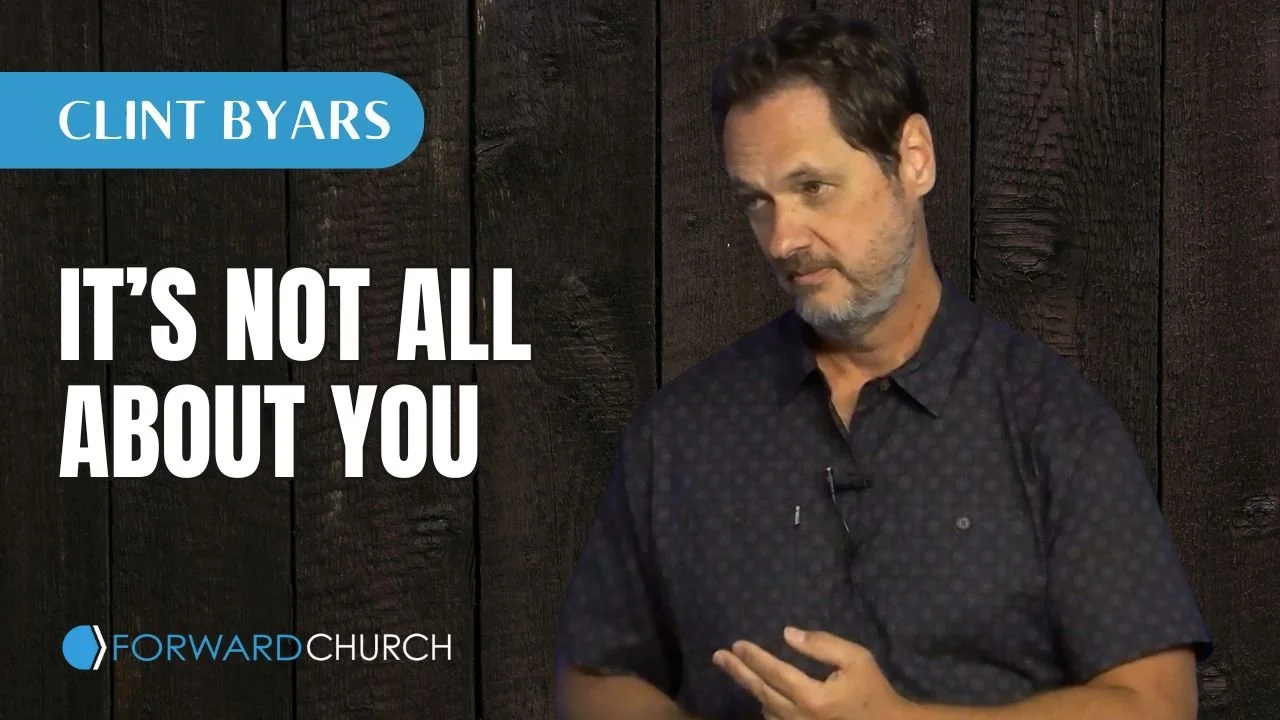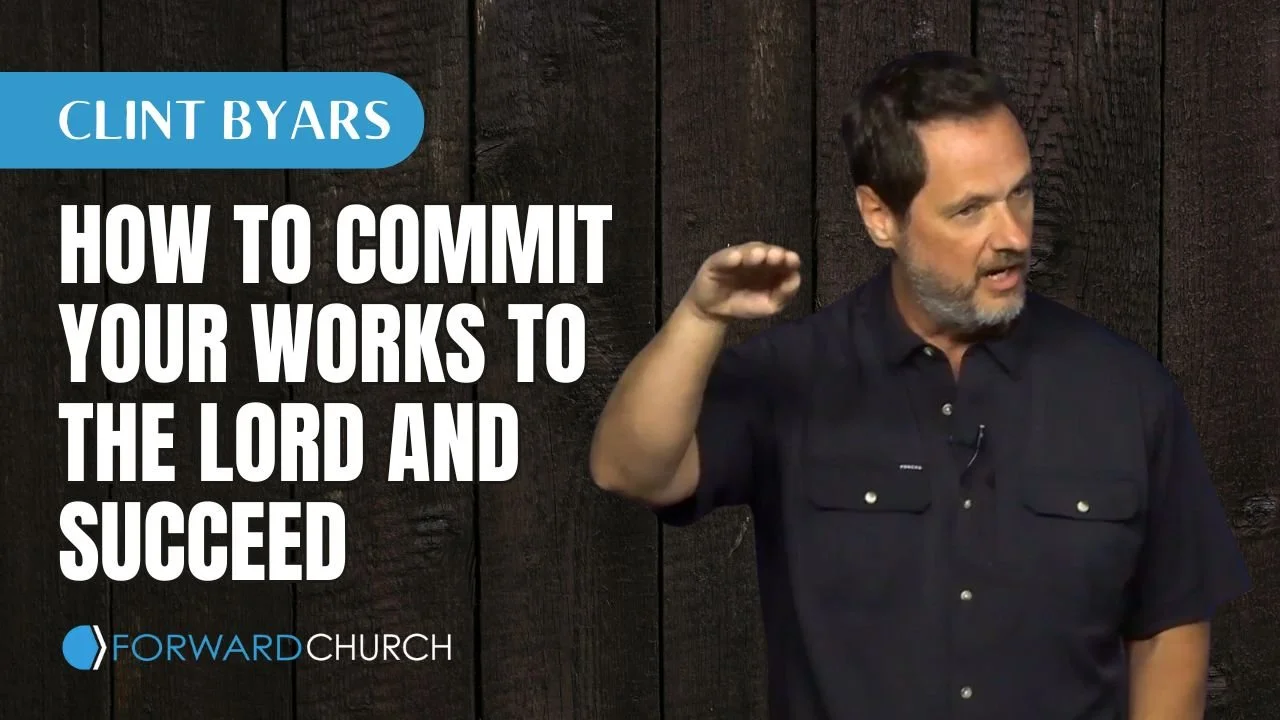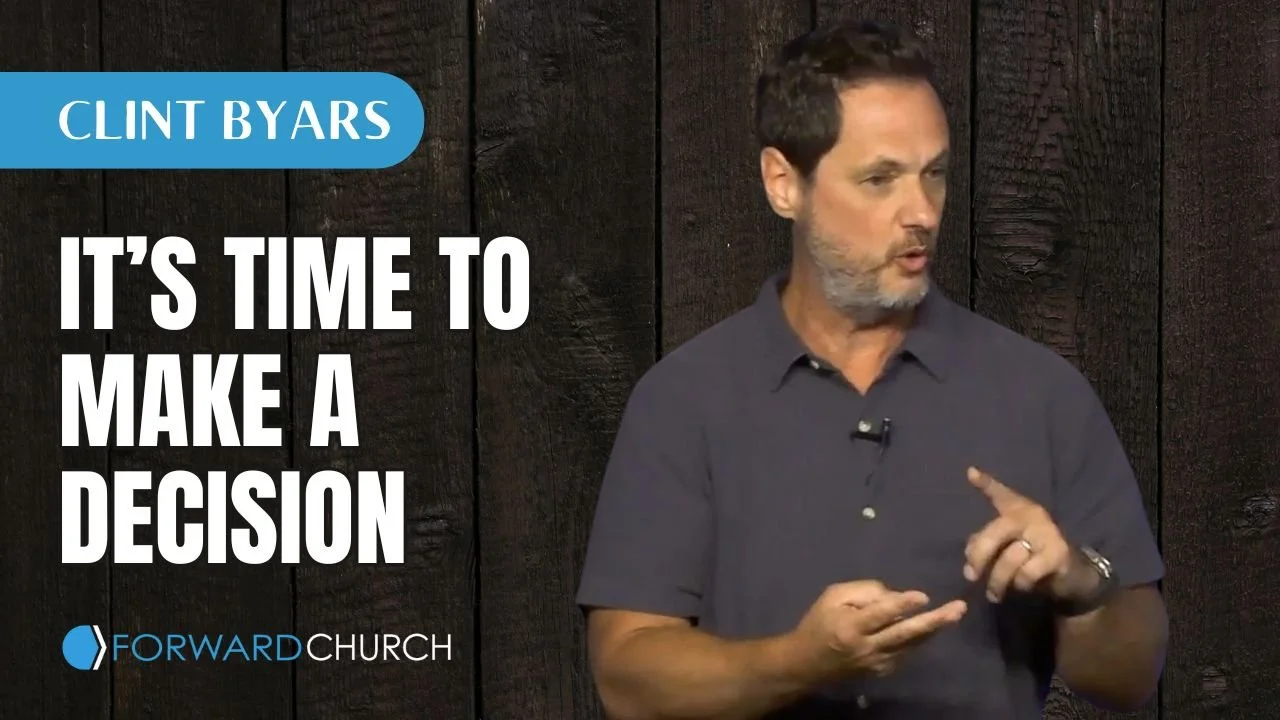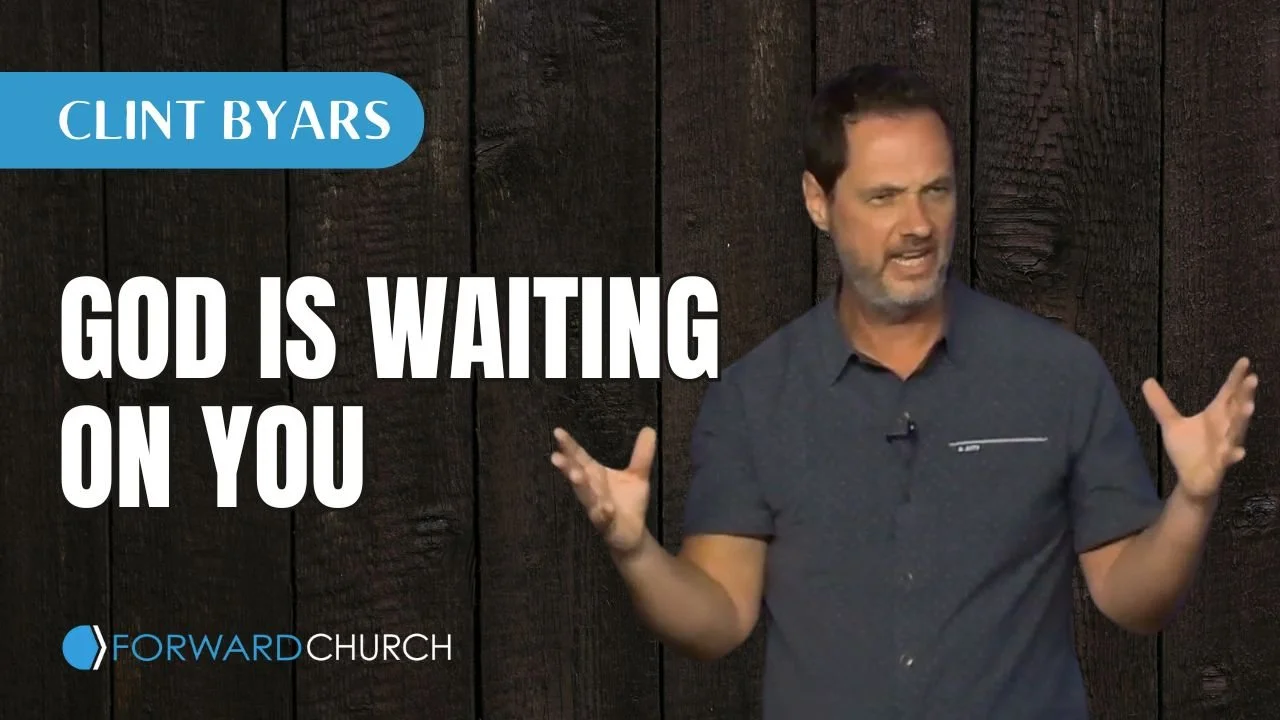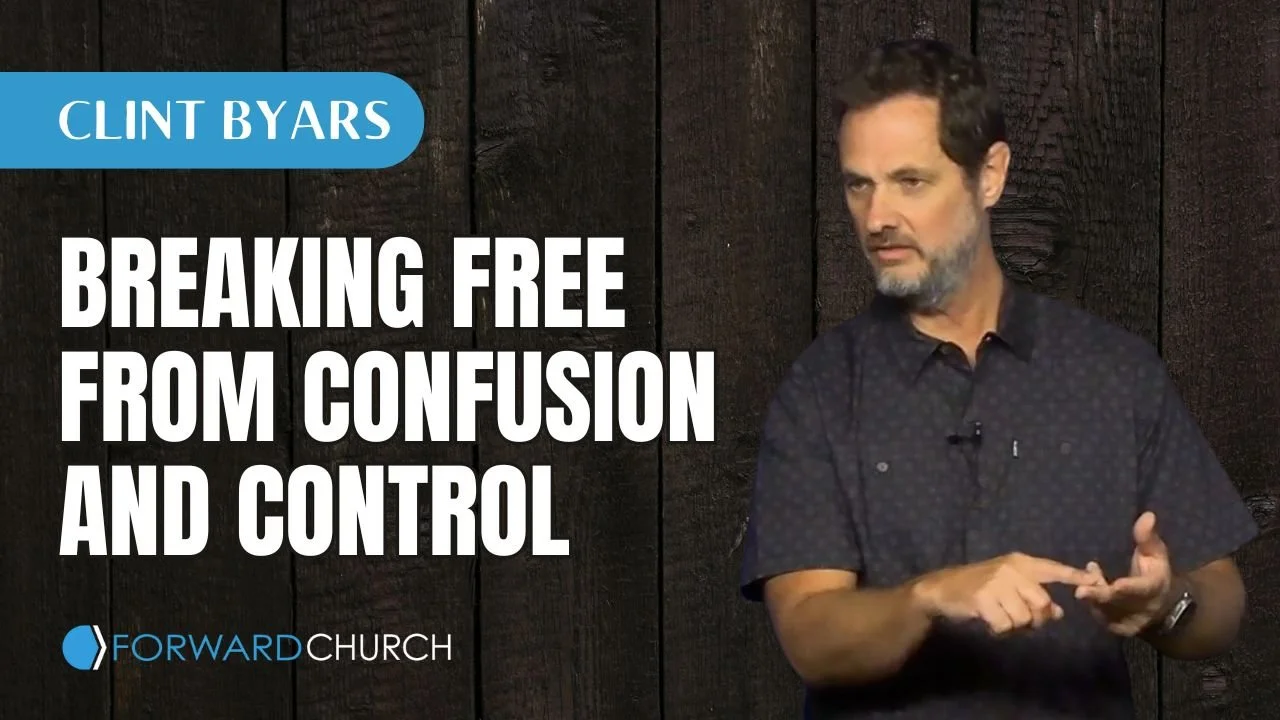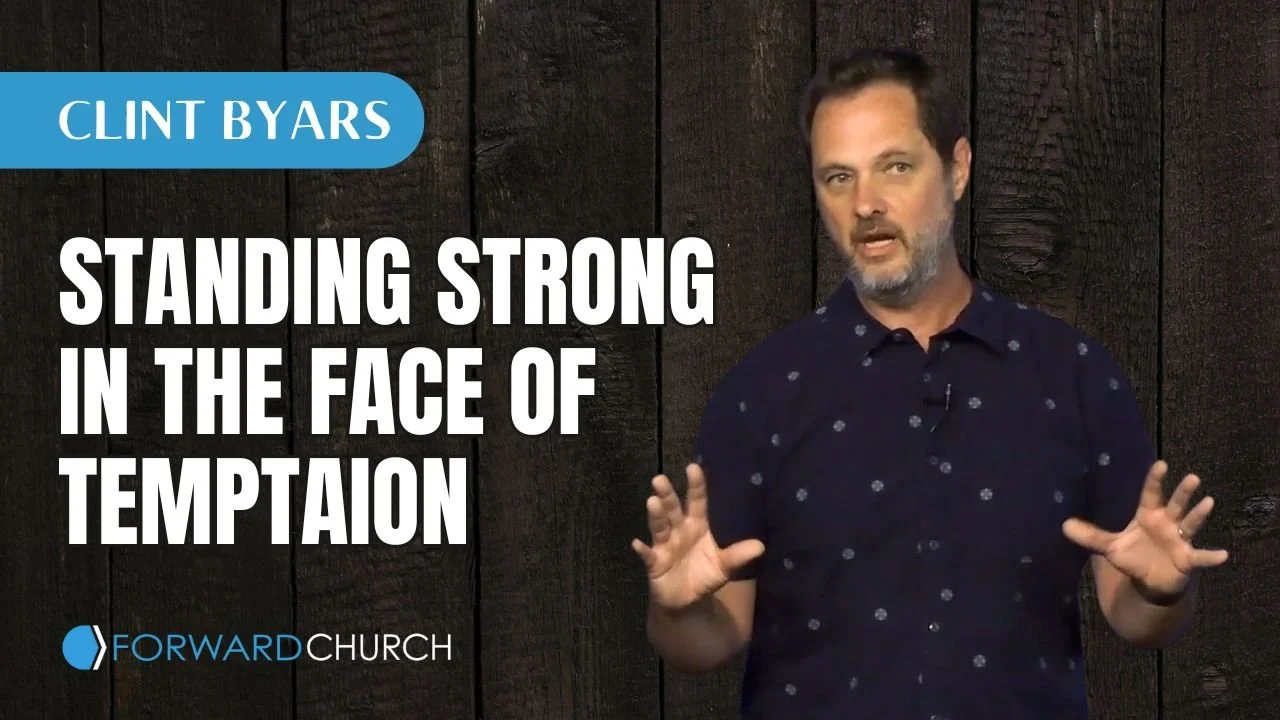God makes covenants. They’re important to him. You probably knew that. But did you know there are different kinds of covenants? Understanding the different kinds and knowing which kind of covenant you’re now in is liberating and possibly life changing for you.
A covenant is a binding agreement between two or more parties. There are 3 kinds of covenants.
Kinship
Suzerain-Vassal
Royal Grant
Kinship: An agreement between two equal parties with a few stipulations or requirements. Marriage, selling property, business agreement...
Suzerain-Vassal: A king would make a promise to his subjects, or a treaty between kings would be that depended on obedience to specific terms. You can think of this covenant as a conditional promise.
Royal Grant: Unlike the Suzerain-Vassal agreements, a Royal Grant requires no action on the part of the beneficiary. It is an unconditional promise given from one party to another. The only down side to a Grant covenant is missing out on promises.
Who had what?
Noah, Abraham and Jesus have Royal Grant Covenants from God. Moses and the nation of Israel were in a Suzerain-Vassal Covenant.
God’s Covenant with All Mankind
The first covenant God made that isn’t mentioned much was the covenant he made with Adam and subsequently all mankind. He gave mankind dominion over the planet for a period of time. This covenant is the reason the world is in its current condition. God could fix everything with the snap of his fingers, but he would be breaking his covenant for mankind to rule over the earth.
Noah’s Covenant
We see Noah’s covenant with God in Genesis 9:11
“I establish my covenant with you, that never again shall all flesh be cut off by the waters of the flood, and never again shall there be a flood to destroy the earth” ~ God
There is no requirement in a Grant Covenant, just a promise from God. All Noah had to do was believe God and follow instructions. Noah could take it to the bank that the earth would never agin be flooded by God. It may have taken him a while to become confident with that promise, given that one time it rained for 40 days and 40 nights, but God held true to his word, no more flooding the earth.
Abraham’s Covenant
We see Abraham’s Royal Grant Covenant decreed by God in Genesis 12:1-3.
“Now the Lord had said to Abram: ‘Get out of your country, from your family and from your father’s house, to a land that I will show you. I will make you a great nation; I will bless you and make your name great; and you shall be a blessing. I will bless those who bless you, and I will curse him who curses you; and in you all the families of the earth shall be blessed.’”
There are no requirements, just promises from God that Abraham had to believe. Believing also meant following instructions, but if you’ll recall, there were no curses outlined if Abraham didn’t follow God’s leading. He would have missed out on blessings had he not trusted God, but no curses were decreed.
God asked him to leave Ur, leave his nephew Lot and promised him a son. What did Abraham do? Waited 10 years to leave, took Lot with him, then gave his wife away to a foreign king. You can’t miss it much more than that, he did the exact opposite of God’s instructions.
Yet what did God do to Abraham? Continued to stay faithful to him. Did he curse or punish him? No! In fact, he protected him from his mistakes by afflicting Pharaoh. God protects and defends his covenant partners regardless of the kind of covenant.
Despite his failures, Abraham continued to trust that God would follow through with his promises. This is what allowed him to receive the blessing of God’s Royal Grant Covenant…faith. He trusted in God’s character, even though he tried to do things his own way a few times. I don’t know about you but that’s encouraging to me.
Right about now you have to be seeing similarities between Abraham’s covenant and the New Covenant, more on that in a bit.
What about Isaac?
This is a rabbit trail but let me address Isaac for a moment since you’re probably thinking about the incident on the mountain top. God had already promised to bless Abraham and the nations of the earth through his lineage. He already protected him several times. God gave Abraham a son from his own wife. Promises kept in spite of Abraham’s lack of obedience. Which leads us to God’s request to sacrifice Isaac.
God did not ask Abraham to kill his son so Abraham would be qualified for the promises of the covenant.
Actually, we don’t really know why God asked him to do that. The only reason we can gather is in Genesis 22 when an angel says, “now we know you fear God.” That’s it. After Abraham is willing to sacrifice Isaac, God merely promises to do what he’s already doing, bless him, his family and all the nations of the earth through him. He was already doing that. The moral is not that God will bless you if you pass the test, the moral is, keep trusting God.
Personally, I think God did that as a heart check for Abraham, to make sure he was trusting in God more than his own efforts. I also think it was done to give us insight into God’s heart for mankind, what he would follow through with one day for the whole world in Jesus.
Mosaic / Nation of Israel Covenant
This is a Suzeriav-Vassal Covenant. This is the covenant we refer to as the Old Covenant, the one that the Apostle Paul said was obsolete. This is the covenant that the Jewish Christians wanted to impose on Gentile believers and caused so much division and confusion for the early church.
This covenant demanded obedience to receive blessings and detailed curses for lack of obedience. The Law, which began with the 10 Commandments, is part of the Mosaic Covenant. Jesus fulfilled every single requirement of that covenant and he reaped the penalty/curse for the breaking of it. He himself didn’t break any aspect of the covenant but he took the curse as a sacrificial lamb for all mankind. His accomplishment broke the hold of that covenant over any and everyone.
The Better Covenant
In Jesus, a New Covenant is offered for all who will believe in Christ. Abraham had to believe in God’s promise of a child, we have to believe in the promise of Christ.
The prophets Jeremiah and Ezekiel both announced the coming of a new covenant. It was announced as a Royal Grant Covenant that only had promises. The promises were very unique, they were not just promises for this life but also for the life to come, an eternal life.
The Royal Grant decree included these initial promises:
I will no longer hold your sins against you
I will give you a new heart
My laws will not be written in stone but in this new heart
I will place my spirit within you
To a Jew, these were extremely profound. The Mosaic Covenant was all about holding their sins against them. There was a priesthood set up specifically for the atonement of sins. They managed their finances to afford the proper kinds of sacrifices related to their sins. The knew their ancestors that were delivered from Egypt wandered in the desert longer that necessary because of the sin of not trusting God form the heart.
Living in the time we do, it’s hard to understand what it was like to live under that kind of covenant. Let me give you an example…
If Abraham had been under a Suzerian-Vassal covenant, he may have wandered in the desert on his way to Canaan as well. We know the Israelites didn’t enter in because of their unbelief, what if Abraham was kept from inheriting his promises all those times he displayed unbelief or disobedience; taking Lot with him, giving his wife away, having a child with another woman…
Fast forward to the New Covenant and apply the same logic. If it were up to us to uphold our end of a covenant that carried the promise of eternal life through perfect living, we all would fail. All have sinned and fallen short of the glory of God, which is required for eternal life. In no way, shape or form could anyone expect to keep a covenant full of laws and rules to live forever.
The New Covenant is a Royal Grant Covenant. There are no curses associated, only the loss of promises if you don’t believe.
Jesus backs up the fact that the New Covenant is a Grant through the parable of the sower. He explains in detail how the condition of the heart of the hearer determines the degree of the realm of promise (Heaven) they will experience in this life. By placing his spirit within us as a down payment for the eternal blessing we will receive one day, he gives us rights to that eternal life now.
We all know that once you make a down payment on a house, you get to move in. Our down payment has been paid to be able to move into Heaven. One day we’ll own it fully but we currently have full access to the home itself. Why? Because that’s how God set it up, it’s a Grant Covenant, with all blessings and no curses.
I pray that you don’t miss out on the opportunity to experience the blessings of God’s gracious decree in Christ in this life or in the life to come.
Final Thought
Since the better covenant is partly spiritual in nature, promising eternal life, a spiritual man must uphold the covenant. No mere human is capable of such a feat, so God himself became a human. God limited himself in every way to become human. As a human he kept all the requirements for every covenant God ever decreed. He bore the curse for mankind breaking any and all covenants. And he overcame the strongest penalty of the curse, which is death. Now, Jesus himself upholds this eternal, spiritual covenant for all who will place their trust in him. The news gets even better, we can enjoy many great and precious promises of this New Royal Grant Covenant here and now, so that we will be partakers of God’s eternally glorious and divine nature, in Christ!!!
Discussion Ideas
How does it change your thinking to know you’re in a Royal Grant Covenant?
What does it mean to be “in Christ?”
What promises do you know of that are available in the New Covenant?
